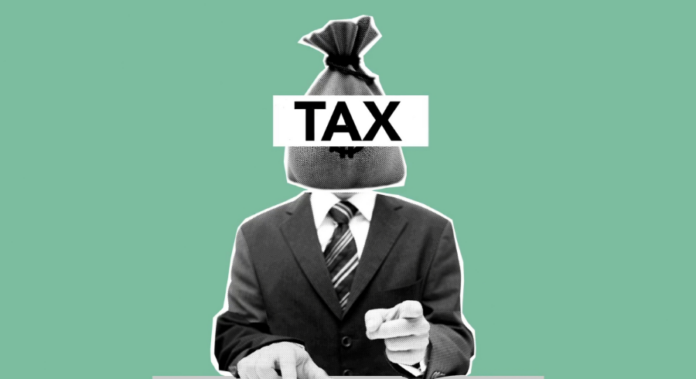The Federal Finance Minister Muhmmad Aurangzeb has announced to ease earlier proposed restrictions on individuals making large purchases of assets, such as homes, cars, and investments, by raising the minimum thresholds for declaring the source of income, according to a news report.
Winding up the budget debate in the National Assembly, Muhammad Aurangzeb announced that individuals purchasing homes valued up to Rs50 million, cars priced up to Rs7 million, and commercial plots worth up to Rs100 million will no longer be required to disclose their income sources. The government’s decision aims to relax earlier measures that sought to block economic transactions if individuals’ declared assets didn’t support these purchases.
However, the government has increased tax rates on income derived from mutual funds and government securities.
The finance minister presented these proposals as part of an effort to maintain the balance in the national budget for 2025-26, emphasizing that the government aimed to make the current IMF program the last one, relying on increased exports and sustainable economic growth.
Other measures in the budget include lowering the Goods and Services Tax (GST) on solar panel imports from 18% to 10%, and exemptions on tax for residential properties sold after 15 years. A loan scheme for low-income housing will also be launched, and adjustments will be made to the taxation of pensions.
Regarding tax fraud, the government has reviewed and amended the powers of the Federal Board of Revenue (FBR), introducing stricter protocols for arrests in cases of tax evasion, and establishing a three-member committee to oversee arrests related to financial fraud.
Despite the easing of some restrictions, the revised tax framework aims to ensure higher compliance from both individuals and corporations, targeting the wealthy and institutional investors for the new levies.




